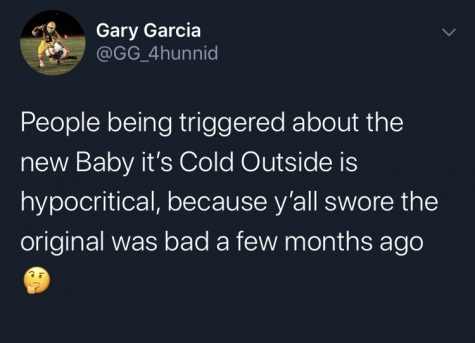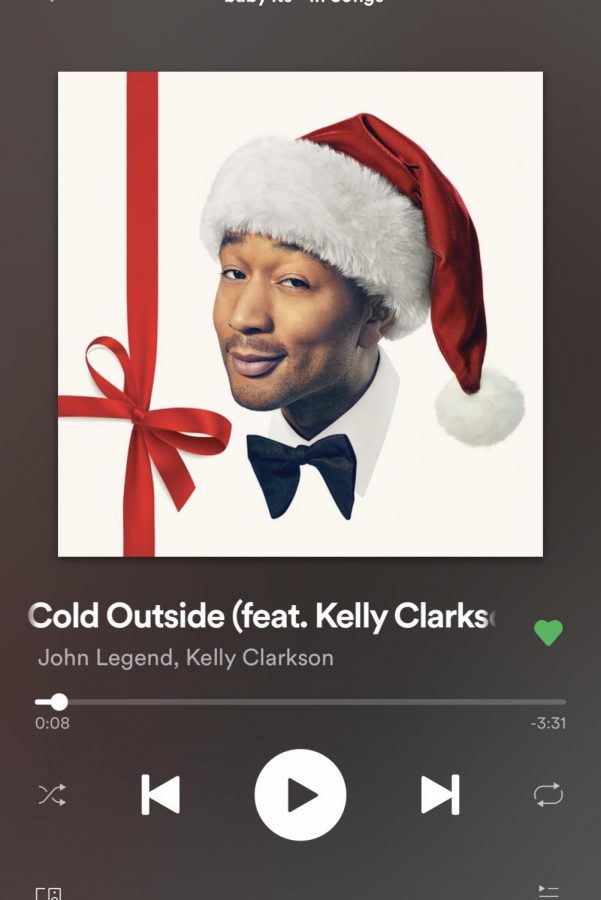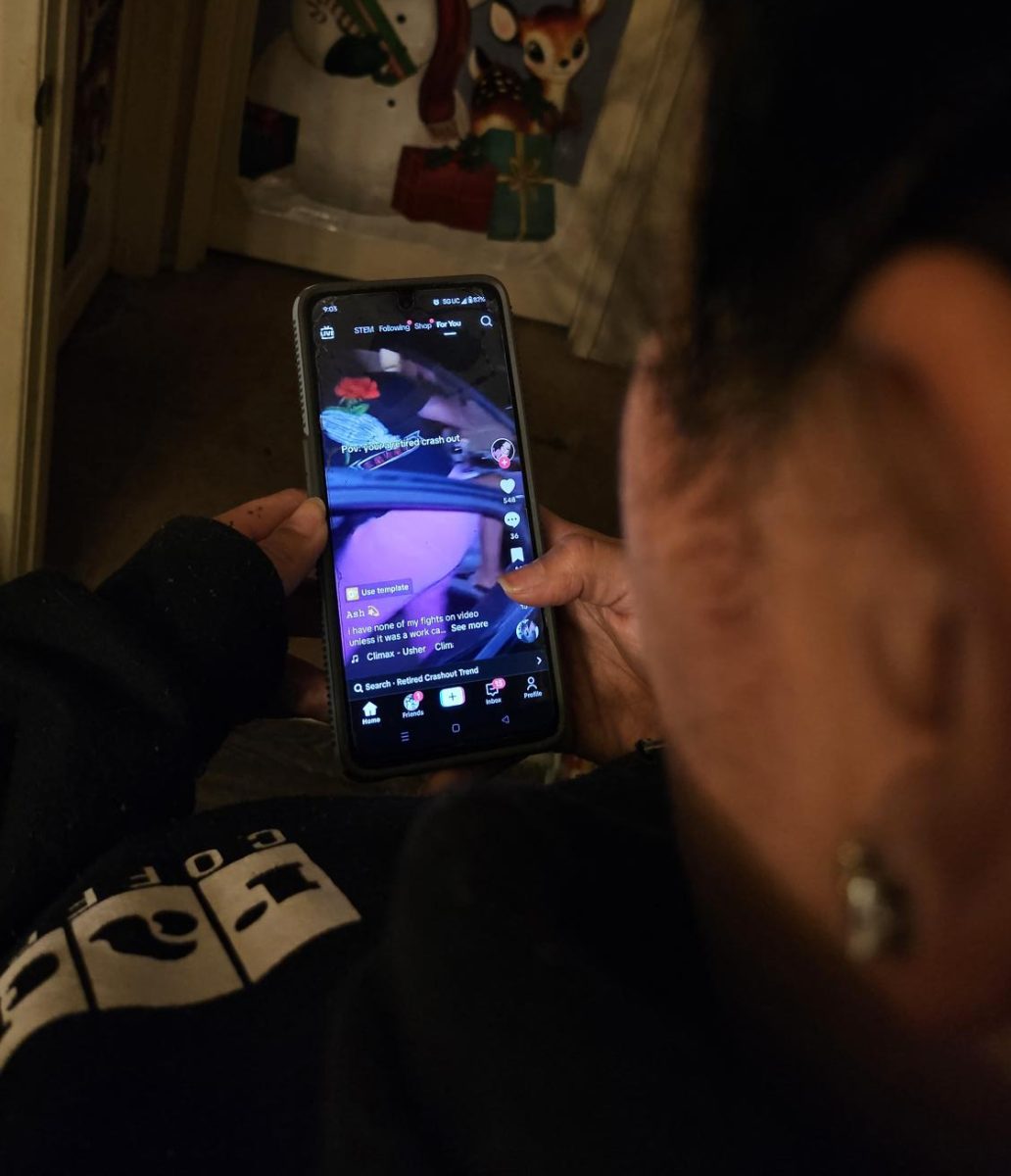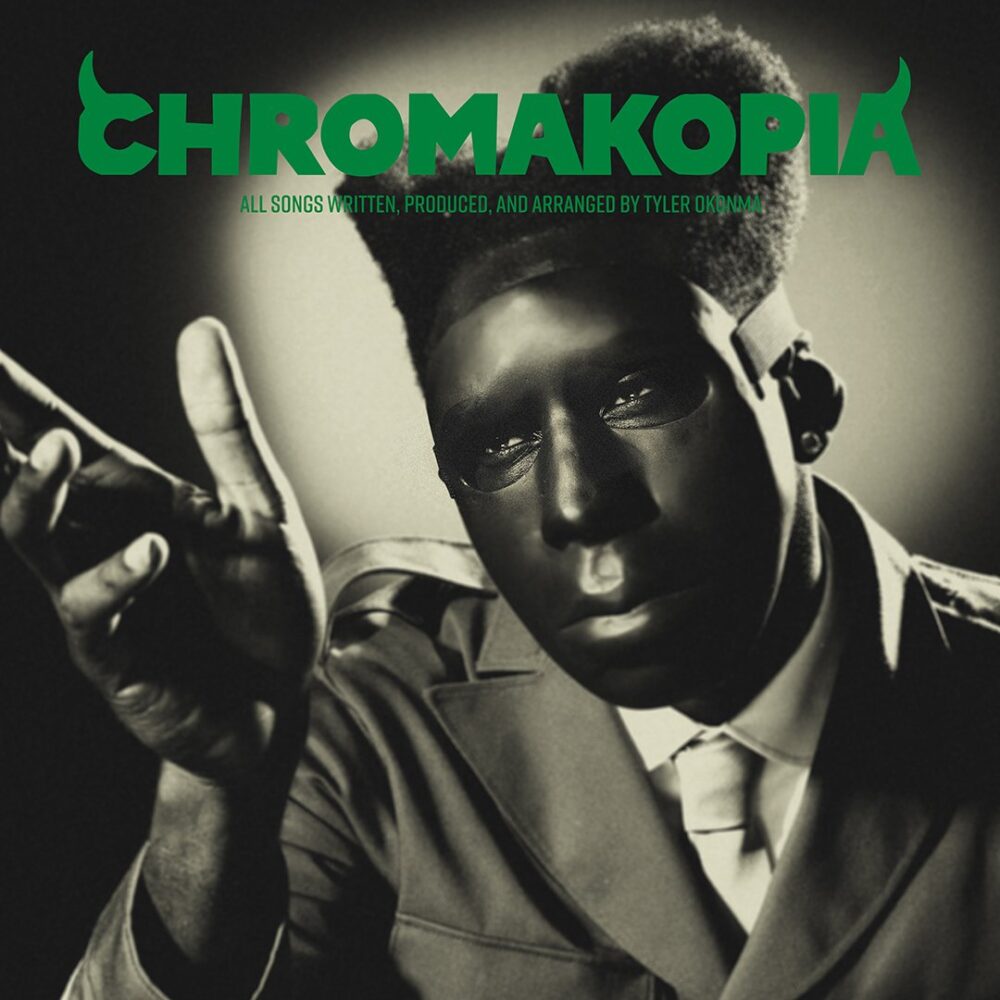The war on ‘Baby It’s Cold Outside’ becomes the war on progress
Considering the controversy that’s surrounded this song for years, it’s safe to say John Legend knew the backlash he’d face after releasing the song. Upon release of the lyric video, he tweeted, “ I now present to the world the lyric video for #BabyItsColdOutside so that they may scrutinize it line by line more accurately – enjoy!“
November 19, 2019
The classic Christmas song is under fire once again. This time last year, ‘Baby It’s Cold Outside’ by Frank Loesser, was petitioned against on radio stations, social media accounts, and bashed almost daily online. Now, this year’s release of a new and improved ‘Baby It’s Cold Outside’ by Kelly Clarkson and John Legend, has sparked the unnecessarily up-in-arms movement yet again. The internet is causing another “War” on ‘Baby It’s Cold Outside’, a Christmas song. “It’s just a fun song,” says Deana Martin, daughter of the late Dean Martin (original male lead), “Get over it.” But telling people to simply ‘get over’ something because you don’t understand their discomfort, won’t improve anything.
The fact of the matter is, the original version made people uncomfortable enough to start petitions against it and get it removed from radio station line-ups. If people want to listen to a version they’re comfortable with, let them do so in peace.
The updated song was released on November 7, and almost immediately received backlash. “To me, it’s always been a sweet, classy, flirtatious song there’s nothing wrong with,” explains Deana Martin. The lyrics shifted from “I really can’t stay (But baby it’s cold outside)/ I’ve got to get away (But baby it’s cold outside)” were the male lead is constantly trying to convince the female lead to spend more time with him, and the female lead is struggling to decide whether to stay or not. To the rewritten “I really can’t stay (Baby it’s cold outside)/ I’ve got to go away (But, I can call you a ride)” where the male lead is accepting of the female leads decision to leave, and even offers to call her a ride home.
Throughout the new song, the male lead assures the woman that, although he wants her to stay, he understands that she has to go. He tells the female lead, “I want you to stay [but] it’s not up to me,” which keeps the romantic air that was in the original, and like the original, both ladies end up staying in the end. To some people, this new version is the result of taking political correctness to the extreme, but in reality, it’s just an update to a really outdated song, even if there was nothing wrong with the song, to begin with.
The original song was written to show a flirty conversation between two people during a very different time period. During the 1940s women didn’t have the socially accepted option to stay with a man, hence the female lead saying “I ought to say no” and “At least I can say that I tried.” However, that type of flirting isn’t standard anymore, and understandably makes people uncomfortable.
The fact that the original no longer has a place among our society today is undeniable. Nowadays in the era of the #MeToo movement and female liberation, if a woman wishes to spend more time with a man, she’ll simply say so. The songs flirty banter is no longer applicable, so John Legend and Kelly Clarkson made a version that makes more sense, and is less off-putting than the previous version.

The reaction of the updated Baby it’s Cold Outside is very mixed, with some convinced the song is taking political correctness to the extreme, and with some praising the song for being progressive. “ This would all seem reasonably non-controversial; there are, after all, countless versions of “Baby, It’s Cold Outside” to choose from, and singers update, parody and otherwise futz with standards all the time.” said Stephen Thompson of NPR.org.
The backlash against artists trying to revive a classic Christmas song that makes people uncomfortable to listen to today is a backlash against progress. Perhaps the new version won’t be acceptable twenty years in the future and will get revived again. The point is, evolving with the times is crucial to progressing as a society, and it happens in every aspect of entertainment. TV shows, classic musicals, and movies get re-made to include new technological advancements, just as this song was re-made to include new social norms. These artists saw room for improvement in the song, and they made it into something people will be comfortable to play at their Christmas parties–there should be no controversy about that.
Even so, people who are offended by the new version still have the choice to listen to the version they prefer. Just because there is a new song, doesn’t mean the old one doesn’t exist anymore. If you don’t like the new song, listen to the old one, it’s really that simple.






